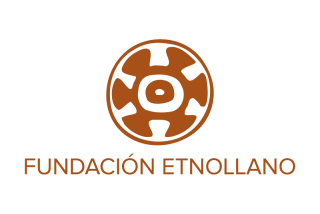Mambe Shop is a non-profit entity that was born to support the marketing of goods and services for indigenous artisan communities who work within the framework of sustainable development processes, and who work towards the strengthening of their cultural identities and preservation of biodiversity, supported in the philosophy of Fair Benefits.
One of Mambe Shop’s main priorities is environmental sustainability in artisan production. This translates in that the elaboration of object may not degrade or exhaust the resources needed for their manufacturing, nor that the attainment of raw materials needed involves monocrops, deforestation or the substitution of traditional crops intended as a food source.
The principles to ensure that producers receive Fair Benefits for their work are based on the principles and criteria of the Fair Trade philosophy, adopted and promoted by Oxfam International, among other international organizations.
These are:
Fair prices
Fair working conditions
Respect and promotion of human rights
Investment in social and cultural development
Assistance for sustainable development
Respect for cultural identity
Long-term commercial relations
Making the commercial chain transparent
Other important criteria, also resulting from Fair Trade, are summarized in the following aspects:
Economic revenues for a dignified life
Respect for children’s rights
Equality between men and women
Respect for the environment
Right to dignified work and to have a democratic and participative organization
These international principles that sustain the Fair Trade philosophy are complemented by the following criteria created by the COAMA program through their experience during more than 10 years of support for community productive projects.
That they comply with an educational and ethnic and cultural revalorization function
That they provide a benefit for the community
That they seek the valuation of native natural resources and traditional knowledge.
That the Fair Benefits are managed, and the prices established are of public knowledge, the same as the distribution of values in each one of the marketing, transport, and tax activities required by Colombian lays, etc.
That the products are of high quality.
Mambe's Allies

 Ministerio de Cultura
Ministerio de Cultura British Council
British Council